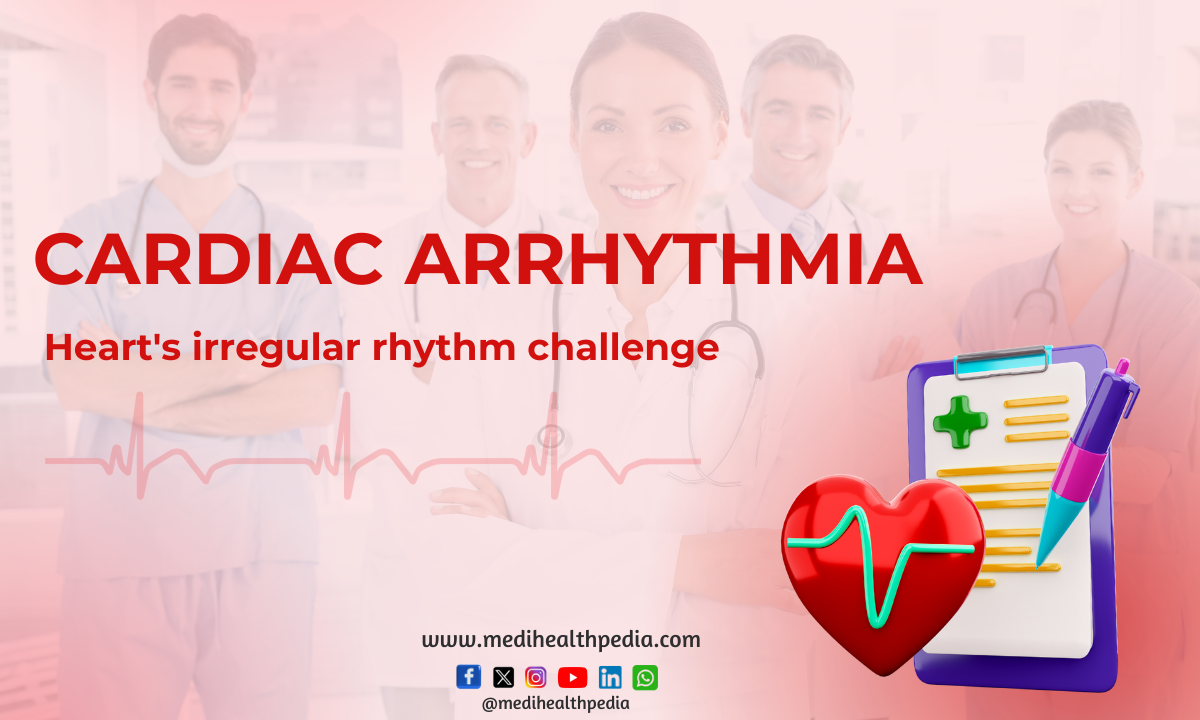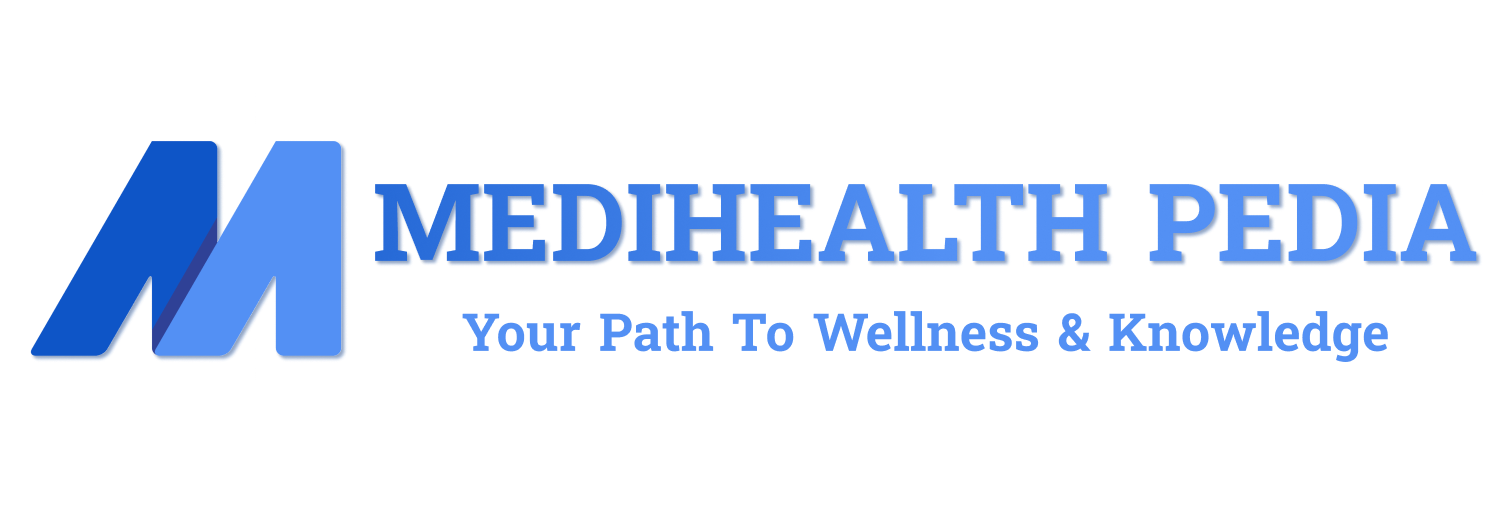The Heart of the Matter: A Deep Exploration into the Efficacy of Herbal Remedies for Irregular Heartbeat
Table of Contents
ToggleIntroduction
Cardiac arrhythmia refers to a group of conditions characterized by irregular heartbeats or abnormal heart rhythms. The human heart normally beats in a regular, coordinated pattern, with the rhythm controlled by electrical signals. In the case of arrhythmias, these electrical impulses can become chaotic, causing the heart to beat too fast (tachycardia), too slow (bradycardia), or in an irregular manner. This disruption in the heart’s normal rhythm can result from various factors, including age, heart disease, high blood pressure, diabetes, smoking, excessive alcohol consumption, and certain medications.
Arrhythmias can range from harmless to potentially life-threatening, and their symptoms may include palpitations, dizziness, fainting, chest discomfort, and fatigue. Diagnosis often involves electrocardiogram (ECG or EKG) tests, Holter monitoring, and other cardiac assessments. Treatment options vary depending on the type and severity of the arrhythmia but may include medications, lifestyle modifications, and in some cases, medical procedures such as catheter ablation or implantation of devices like pacemakers or defibrillators. Effective management of cardiac arrhythmias is crucial to reduce the risk of complications and improve overall cardiovascular health.

Clinical Overview
Types of Arrhythmias
Cardiac arrhythmias manifest in various forms, each painting a distinct clinical picture:
- Atrial Fibrillation (AF): Standing as the foremost prevalent type, AF introduces a rapid and irregular dance of atrial contractions, disrupting the coordinated movements of the heart’s upper chambers.
- Atrial Flutter: Similar to AF, but with more organized and less chaotic atrial contractions.
- Supraventricular Tachycardia (SVT): A collection of arrhythmias originating above the ventricles, leading to an accelerated heartbeat.
- Ventricular Tachycardia (VT): Unleashing rapid and regular ventricular contractions, VT poses a substantial risk of life-threatening complications.
- Ventricular Fibrillation (VF): Escalating the stakes, VF transforms the ventricles into a quivering state, compromising effective contractions and necessitating immediate medical intervention.
Multifaceted Causes and Risk Factors
The origins of cardiac arrhythmias intertwine with a myriad of factors:
- Heart Disease: Conditions like coronary artery disease or a history of heart attacks set the stage for arrhythmias.
- Hypertension: Elevated blood pressure strains the heart, disrupting its finely tuned electrical signals.
- Diabetes: Poorly managed diabetes intricately weaves with arrhythmias.
- Lifestyle Elements: Smoking and excessive alcohol intake act as compounding factors.
- Genetic Predisposition: Some individuals carry genetic predispositions to specific arrhythmias.
Clinical Presentation
A Symphony of Symptoms
The clinical landscape of cardiac arrhythmias encompasses a broad spectrum of symptoms:
- Palpitations: A disconcerting sensation of fluttering or rapid heartbeats.
- Dizziness or Lightheadedness: Arising from compromised blood flow to the brain.
- Fainting (Syncope): A poignant manifestation, particularly in severe arrhythmias.
- Chest Pain: Often serving as a sentinel, signaling an underlying heart condition.
Navigating the Diagnostic Odyssey
The accurate delineation of cardiac arrhythmias demands a meticulous and thorough diagnostic odyssey:
- Electrocardiogram (ECG or EKG): An elemental tool capturing the heart’s electrical activity, unraveling irregular rhythms.
- Holter Monitor: A prolonged 24 to 48-hour ECG monitoring device, providing continuous insights into the dynamic heart rhythm.
- Event Monitor: An extended monitoring companion, stretching up to a month, to capture intermittent arrhythmias.
- Echocardiogram: Harnessing ultrasound for a visual expedition into the heart’s structural and functional intricacies.
- Blood Tests: Unveiling underlying conditions, such as thyroid dysfunction, contributing to the arrhythmic milieu.
Workup and Conventional Treatments
Navigating the Complex Terrain of Workup
Post-diagnosis, a comprehensive workup endeavors to unearth the underlying causes and assess the severity, incorporating a multifaceted approach:
- Imaging Studies: Cardiac MRI or CT scans offer intricate insights into the structural tapestry of the heart.
- Stress Tests: Illuminate the heart’s functionality under exertion, adding layers to the diagnostic mosaic.
- Electrophysiology Studies (EPS): Invasive assessments serve as a key to unlocking the intricacies of the heart’s electrical domain.
Conventional Therapies: A Multidimensional Approach
- Medications:
- Antiarrhythmics: Precise orchestration of electrical impulses to regulate heart rhythm.
- Beta-blockers and Calcium Channel Blockers: Governing heart rate and alleviating stress on the heart.
- Cardioversion:
- Electrical Cardioversion: Controlled electric shocks serve as the maestro’s wand, resetting the heart’s rhythm.
- Catheter Ablation:
- A nuanced, minimally invasive procedure targeting abnormal heart tissue to thwart erratic electrical signals, representing a pinnacle in interventional cardiology.
- Pacemaker Implantation:
- A discreet device, implanted subcutaneously, emitting strategic electrical impulses to orchestrate heart rhythm.
- Implantable Cardioverter Defibrillator (ICD):
- A vigilant guardian, monitoring heart rhythm and delivering timely shocks in the face of life-threatening arrhythmias, embodying the cutting edge of cardiovascular technology.
Herbal Remedies for Cardiac Arrhythmia
In the quest for holistic well-being, a subset of individuals embarks upon the exploration of herbal remedies. However, the compass should be steered with caution, and these remedies embraced with circumspection and under the vigilant eye of healthcare professionals.
- Hawthorn:
- Benefit: Revered for potential antiarrhythmic effects, weaving a traditional tapestry of cardiac wellness.
- Caution: Potential interactions with medications necessitate a careful and judicious approach.
- Garlic:
- Benefit: Heralded for cardiovascular benefits, including potential antiarrhythmic properties.
- Caution: Interactions with blood-thinning medications mandate meticulous supervision and healthcare guidance.
- Motherwort:
- Benefit: Traditionally employed for addressing heart palpitations, echoing the wisdom of botanical traditions.
- Caution: Limited scientific validation necessitates an informed and discerning approach under healthcare guidance.
- Turmeric:
- Benefit: The anti-inflammatory prowess of turmeric may confer cardiovascular benefits.
- Caution: High doses warrant caution, particularly concerning potential interactions with anticoagulant medications.
- Coenzyme Q10 (CoQ10):
- Benefit: Postulated to bolster heart health and cellular energy production, presenting a potential ally in the quest for holistic well-being.
- Caution: Prudence dictates consultation with healthcare providers to navigate potential interactions.
Conclusion
Cardiac arrhythmias, intricate and multifaceted, necessitate a holistic approach for effective management, embracing both conventional stalwarts and the evolving narrative of herbal remedies. As individuals grapple with the symphony of irregular heartbeats, timely medical intervention remains paramount. The landscape of cardiology continually evolves, with ongoing research poised to refine diagnostic modalities and unveil innovative therapeutic avenues. As our comprehension of arrhythmias deepens, so too does the promise of enhanced strategies, offering solace to those traversing the intricate path of cardiac irregularities. In this dynamic journey, the fusion of tradition and innovation stands as a beacon, guiding the way towards a future where the complexities of cardiac arrhythmias find nuanced resolutions.

